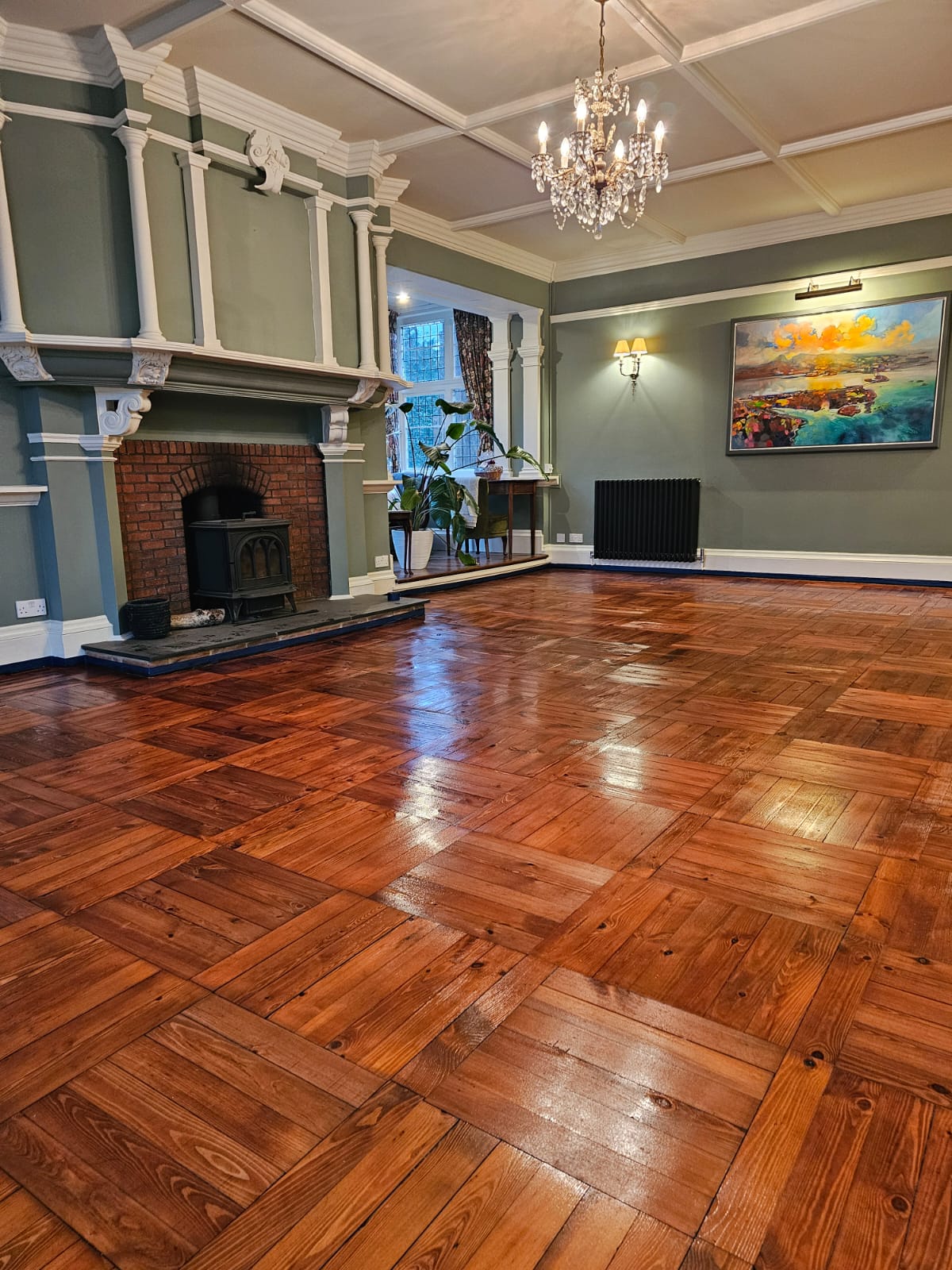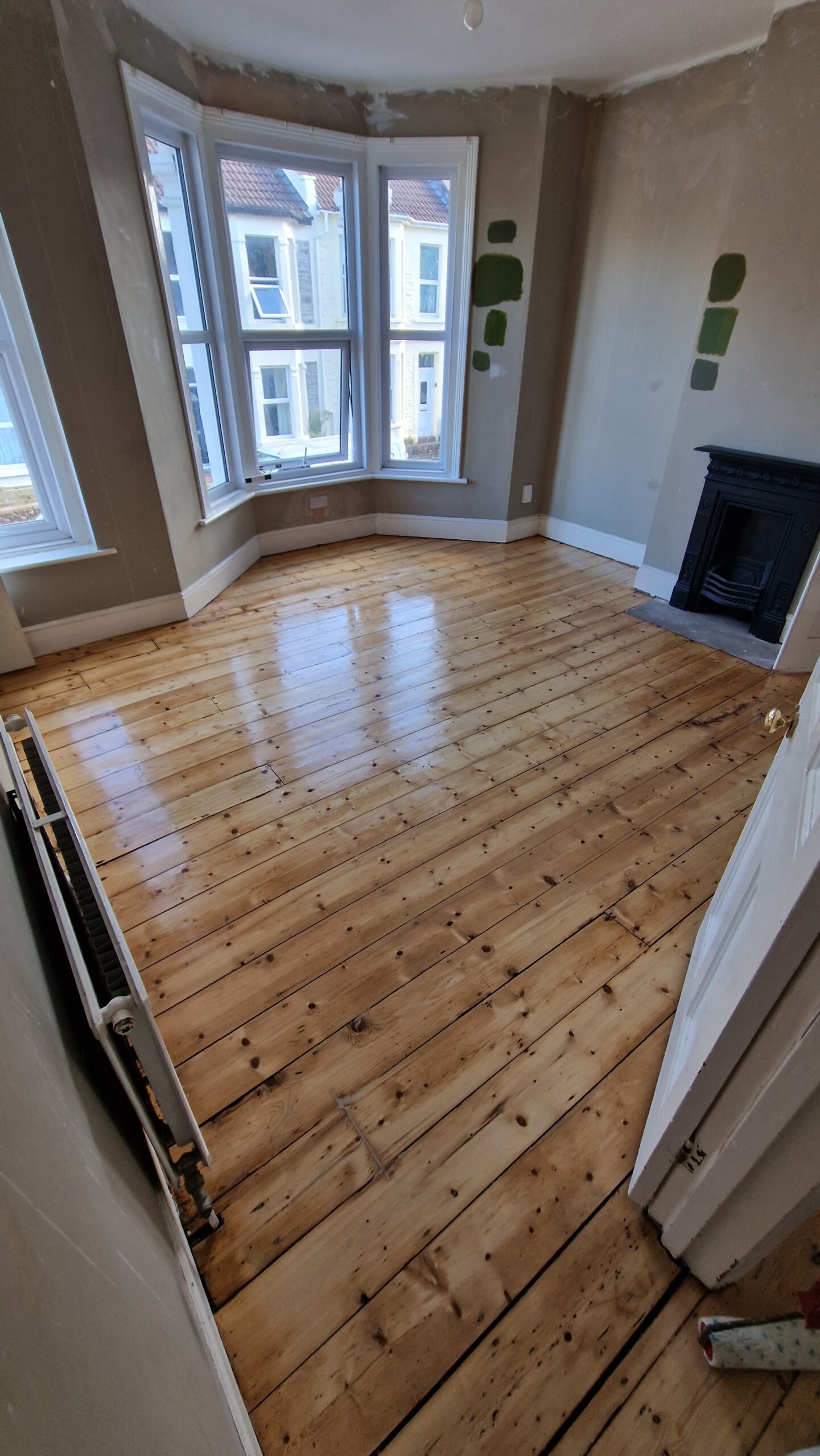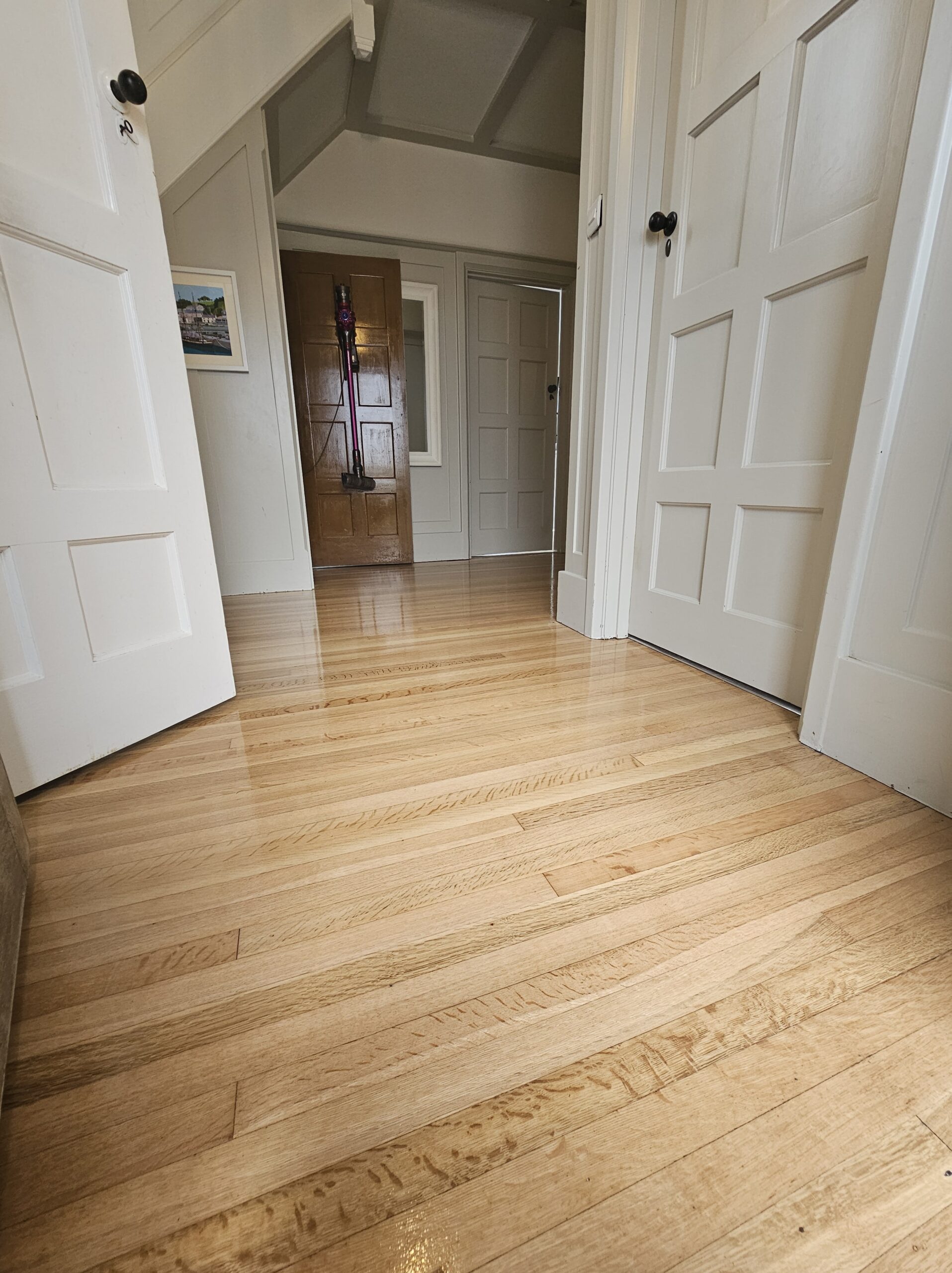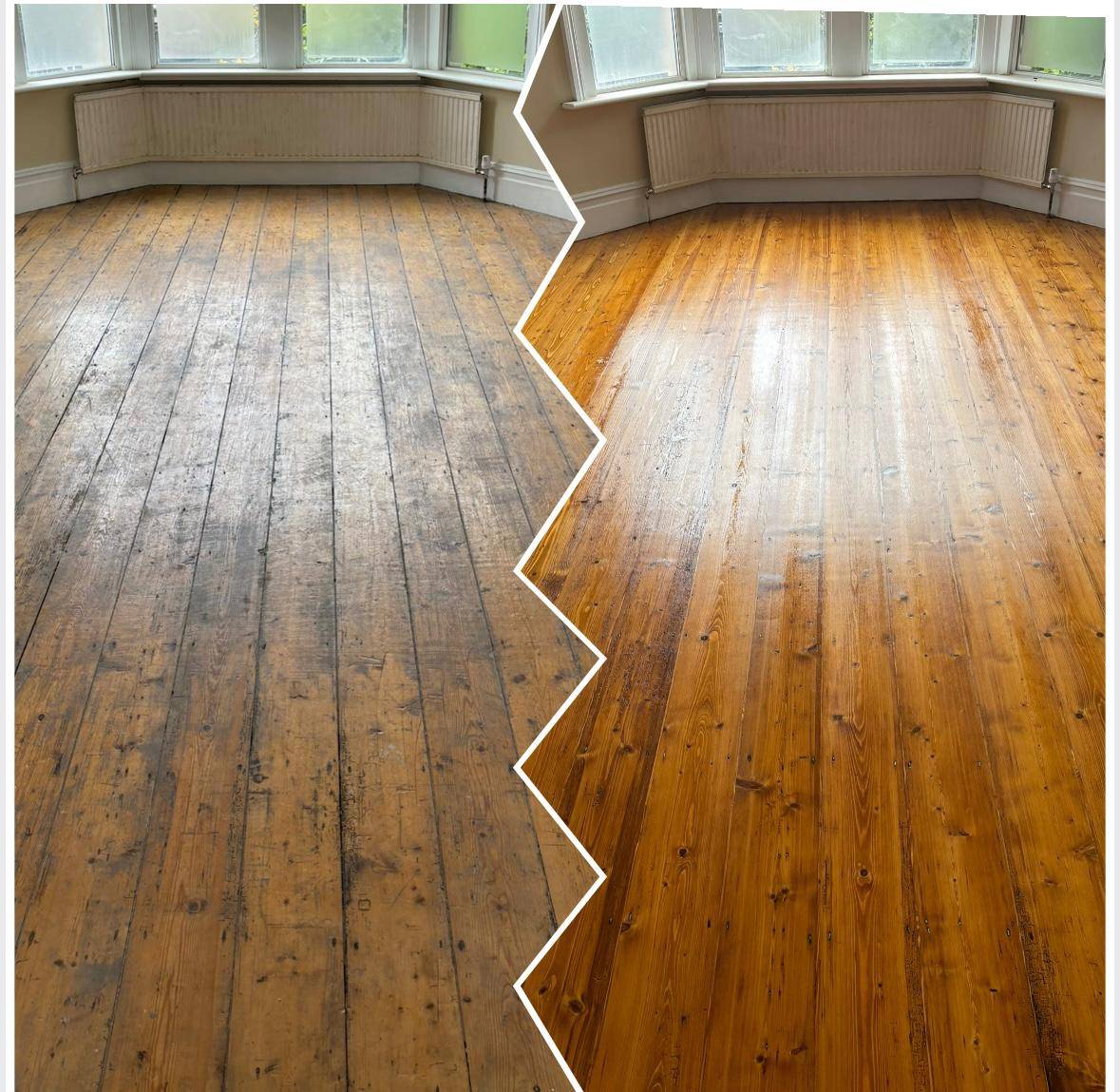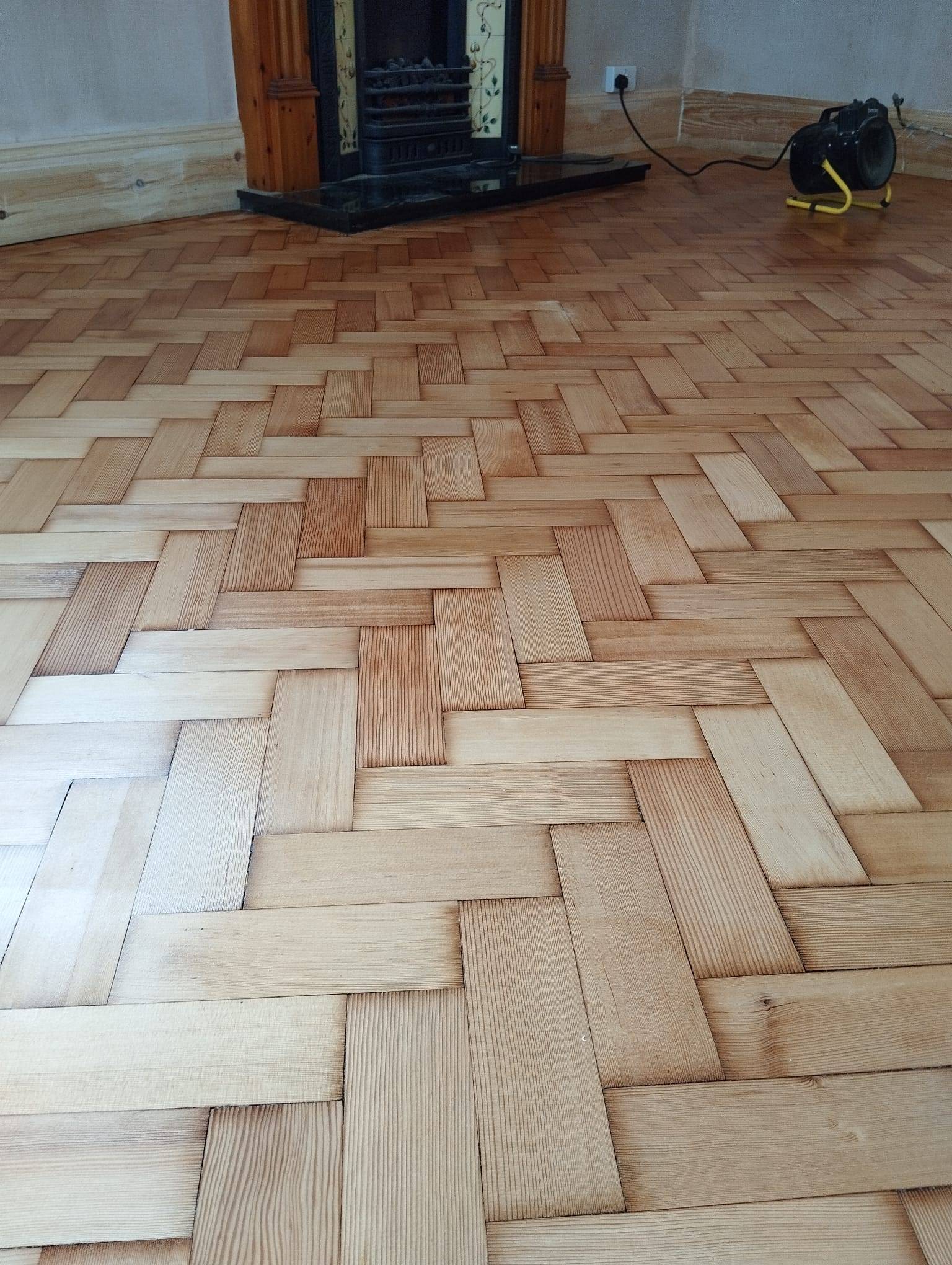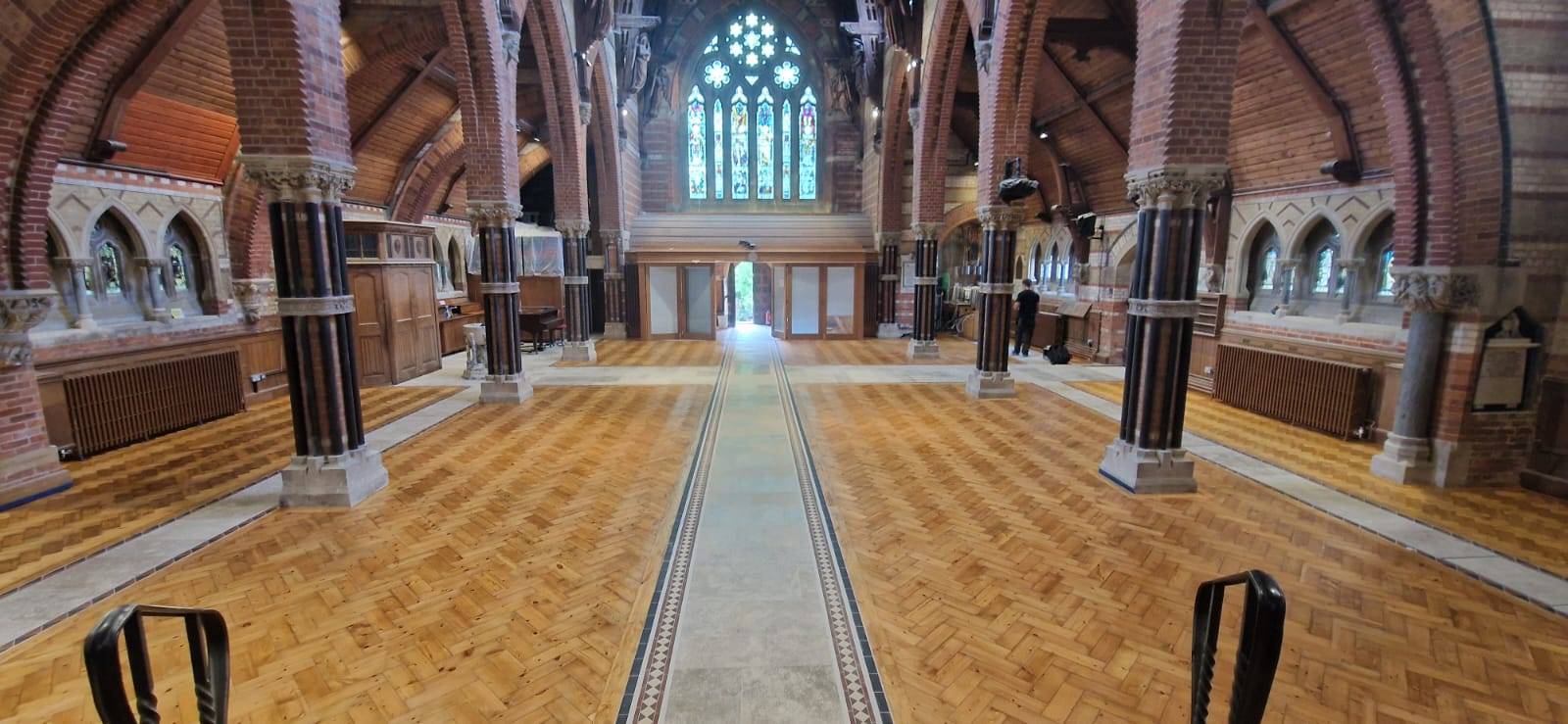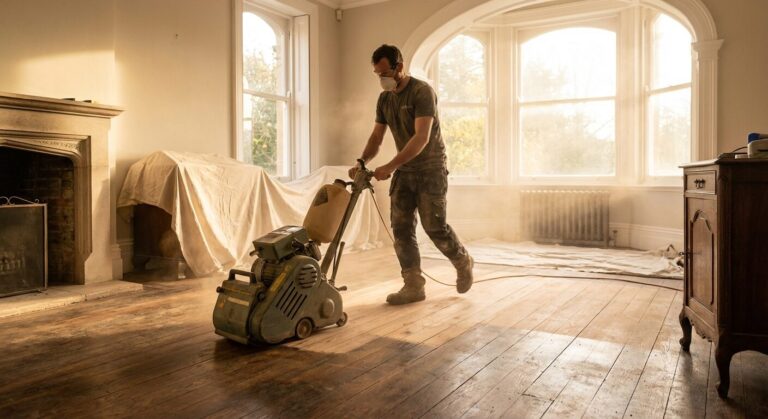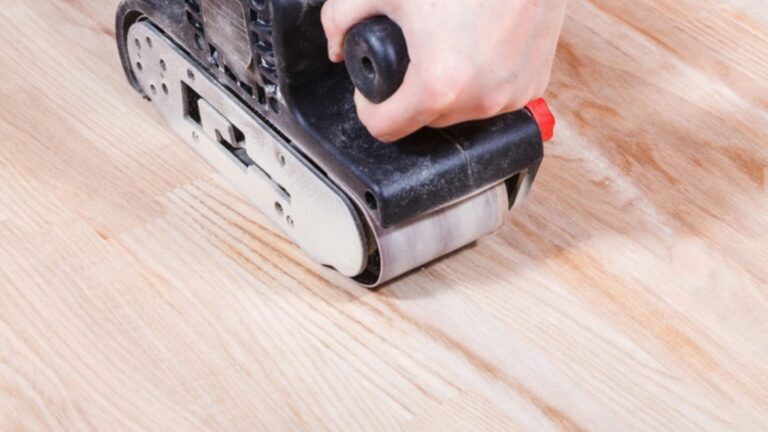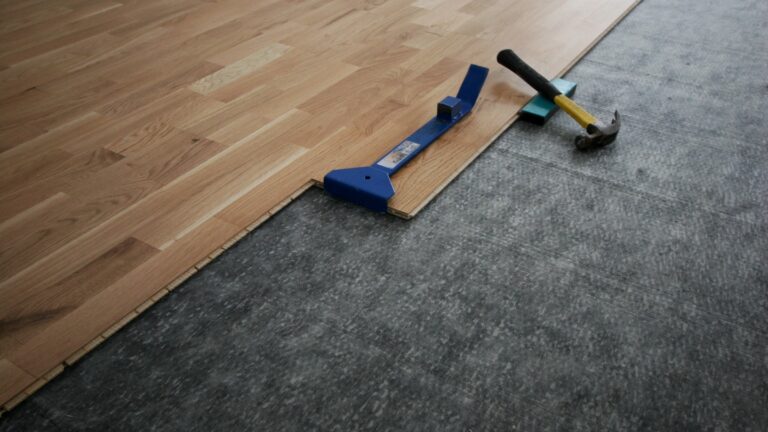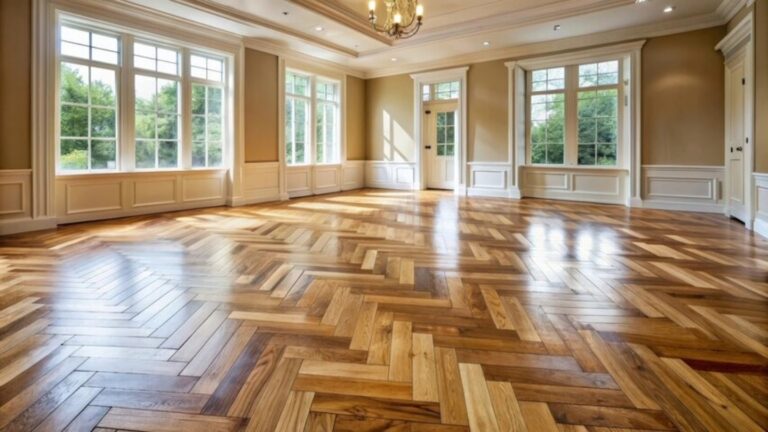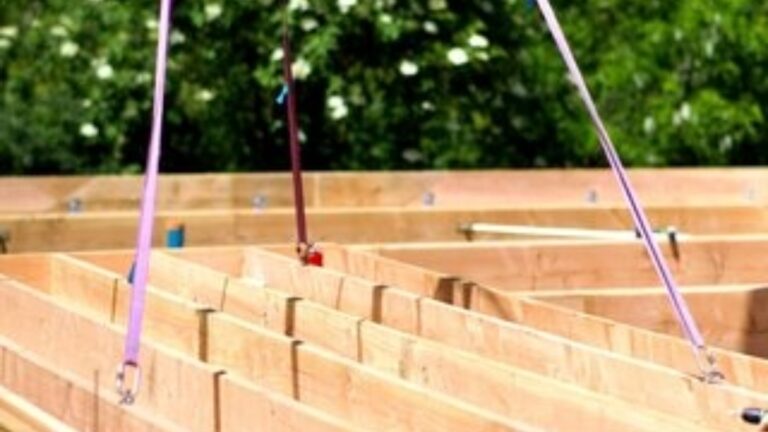Is it possible to conduct flat refurbishment sanding without unleashing a sonic cacophony upon your neighbours? Managing noise regulations during flat refurbishment sanding is not just a legal obligation but a crucial component in maintaining community harmony. With noise standards strictly enforced across the UK, understanding how these regulations apply to your project can save you from potential disputes and penalties. Dive into an exploration of these guidelines and discover the balance between achieving your dream home aesthetics while respecting the peace of the neighbourhood.
Understanding Noise Regulations for Flat Refurbishment Sanding
Noise regulations play a crucial role in managing community disruptions during flat refurbishment sanding works. These regulations are designed to balance the needs of refurbishment projects with the rights of residents to a peaceful environment. Adhering to these standards not only ensures compliance with legal requirements but also enhances community relationships and prevents potential conflicts.
In the UK, specific guidelines govern the permissible hours for construction activities, including sanding works in flat refurbishments. Typically, these projects are restricted to operate between 7 AM and 7 PM from Monday to Friday, and from 8 AM to 1 PM on Saturdays. This schedule helps to minimise noise disturbances during times when residents are likely to be at home. The noise level limit is generally set at 75 dB(A) during these permitted hours. This limit is measured at the nearest noise-sensitive receptor, such as a residential property, ensuring that the impact on residents is kept within acceptable levels.
Compliance with noise regulations is a legal obligation for all refurbishment projects. Failing to adhere to these standards can lead to significant consequences, including fines, work stoppages, and reputational damage. It is essential for project managers to understand these obligations fully and to implement effective noise management strategies. This proactive approach not only mitigates the risk of non-compliance but also facilitates smoother project execution and promotes a harmonious relationship with the surrounding community.
Effective Noise Management Strategies During Sanding
Modern advancements in sanding technology have significantly reduced the noise typically associated with flat refurbishment sanding works. Newer sanding equipment features noise reduction technology that operates at lower decibel levels, making them more suitable for use in residential areas. By incorporating quieter machinery, contractors can minimise the impact of noise on the surrounding community. These improvements not only help in maintaining compliance with noise regulations but also enhance the efficiency and quality of sanding processes, thereby supporting a smoother project execution.
The installation of noise barriers is another crucial aspect of noise management during sanding. These barriers serve as physical obstructions that reduce the transmission of sound waves from the work area to the outside environment. They are particularly effective in densely populated areas where the proximity of neighbouring flats makes noise management a priority. By strategically placing noise barriers around the worksite, contractors can achieve significant noise reduction, thus ensuring adherence to permissible noise levels and protecting the peace of residents.
- Schedule work during less disruptive hours to align with residents’ routines.
- Invest in low-decibel machinery designed specifically for quiet operations.
- Use continuous belt machinery with mobile extraction units for dust-free and quieter sanding.
- Implement noise monitoring to ensure compliance with established noise limits.
- Train staff on noise mitigation strategies to maintain a focus on minimising disturbances.
.
Communicating with Neighbours: Best Practices

Community consultation is essential for managing the noise impact during flat refurbishment sanding works. Why is community consultation important? It allows for proactive engagement with neighbours, providing a platform to address concerns and set expectations. By involving the community early, project managers can mitigate potential conflicts and foster a collaborative atmosphere. This approach helps residents feel considered and respected, reducing the likelihood of complaints and facilitating a smoother refurbishment process.
- Inform neighbours well in advance about the schedule and duration of the works.
- Provide clear contact details for a designated project liaison to address queries.
- Offer regular updates on the project’s progress and any changes to the timeline.
- Organise meetings or drop-in sessions to discuss concerns and gather feedback.
.
Effective communication strategies significantly contribute to the seamless execution of refurbishment projects. How does effective communication benefit project execution? It ensures transparency and builds trust between contractors and residents, leading to enhanced cooperation. By maintaining open lines of communication, project managers can promptly address issues, adapt to feedback, and maintain goodwill within the community. This proactive engagement not only minimises disruptions but also supports a positive relationship between the refurbishment team and the neighbourhood, ultimately ensuring a successful project outcome.
Scheduling and Planning for Noise-Friendly Refurbishment
Strategic scheduling is a vital component in managing noise levels during flat refurbishment projects. Aligning work schedules with permitted hours not only ensures compliance with local regulations but also helps in reducing the impact on residents. In the UK, the suggested working hours for floor sanding are Monday to Friday from 07:30 to 17:30, and Saturday from 07:30 to 16:00. Adhering to these hours can minimise disturbances, especially during times when residents are most likely to be at home. By planning activities within these timeframes, project managers can effectively manage noise levels and maintain harmony with the surrounding community.
Adjusting sanding procedures can further mitigate noise disruptions. Employing quieter sanding techniques and using advanced equipment can significantly lower sound emissions. For instance, opting for machinery with built-in noise reduction features or those that operate at lower decibel levels can make a noticeable difference. Additionally, procedural adjustments such as staggering noisy tasks and implementing breaks can prevent prolonged exposure to noise, creating a more comfortable environment for residents. These measures not only reduce noise but also contribute to a more efficient and streamlined sanding process.
Project managers play a crucial role in coordinating quiet work practices, ensuring that all aspects of the refurbishment are executed with consideration for noise reduction. This involves meticulous planning and communication with the renovation team to implement quiet work strategies effectively. By fostering a culture of noise awareness and training staff on noise management techniques, project managers can ensure that every team member contributes to a noise-friendly environment. Active coordination and supervision help in maintaining focus on quiet work practices, ultimately leading to successful project execution with minimal community disruption.
Case Studies: Successful Noise Management in Refurbishments
Case studies serve as invaluable resources for understanding the practical application of noise complaint management and effective noise control plans during flat refurbishments. By examining real-world examples, project managers can identify successful strategies, learn from proven practices, and implement responsible sanding procedures that minimise disruptions. These examples demonstrate how targeted actions can lead to favourable outcomes, contributing to a smoother refurbishment process and enhanced community relations.
Case Study 1: Innovative Scheduling and Community Engagement
How can strategic scheduling and proactive communication lead to successful noise management? By aligning work schedules with community routines and maintaining open communication channels, a refurbishment project in London achieved a significant reduction in noise complaints. The project team informed residents well in advance about the anticipated noise levels and work schedule, ensuring transparency and cooperation.
Proactive community engagement, including regular updates and feedback sessions, helped address concerns and fostered a collaborative environment. This approach not only minimised disturbances but also enhanced trust and goodwill with neighbours, demonstrating the efficacy of strategic planning and communication in noise management.
Case Study 2: Advanced Technology and Noise Reduction Techniques
What role does advanced technology play in noise reduction during sanding? In a recent refurbishment project in Manchester, the use of state-of-the-art sanding equipment proved to be transformative. The project team deployed machinery equipped with built-in noise reduction features, which significantly decreased sound emissions.
Additionally, the implementation of noise barriers and continuous noise monitoring ensured compliance with permissible noise levels. These advanced techniques led to a notable reduction in noise disruptions, demonstrating the importance of investing in modern technology for effective noise management.
The lessons from these case studies highlight the critical role of strategic planning, community engagement, and technological innovation in managing noise during refurbishment projects. By adopting these practices, project managers can achieve successful noise control, ensuring minimal disruption to residents and fostering positive community relationships.
Final Words
Navigating the intricacies of managing noise regulations during flat refurb sanding works ensures compliance and maintains good relations with neighbours. The legal framework demands adherence to set working hours and noise level limits. Employing advanced sanding technology and noise barriers can effectively reduce disturbances. Open communication with the community further promotes smoother execution.
Strategic planning tailored to minimise noise impact is vital, demonstrating how proactive approaches can lead to successful refurbishments. The insights gained from real-world case studies highlight the importance of innovation and communication. Embracing these strategies ensures a harmonious and efficient refurbishment process.
Plan a quiet refurbishment → Contact Us
FAQ
Can my neighbour do building work on a Sunday?
Building work on Sundays is generally discouraged due to noise regulations. Permitted hours usually exclude Sundays to minimise community disruption. Local council rules should be checked for specific allowances.
What time can you start construction work in a residential area UK?
In the UK, typical permitted construction hours are from 7 AM to 7 PM, Monday to Friday, and 8 AM to 1 PM on Saturdays. It’s important to consult local council regulations for specific variations.
What are the UK building noise regulations for construction?
UK building noise regulations often permit construction activities between 7 AM to 7 PM on weekdays and 8 AM to 1 PM on Saturdays. Noise levels should not exceed 75 dB(A) at the nearest sensitive receptor during these hours.
What is the law on noise in flats in the UK?
The law on noise in flats requires adherence to local noise regulations, including restrictions on excessive noise and compliance with permitted work hours. Unreasonable noise levels can result in fines or legal action.
How noisy is floor sanding?
Floor sanding noise can be substantially reduced using modern equipment designed for quieter operation. Typical noise levels depend on the machinery but noise control measures can enhance comfort.
What time are workmen allowed to make noise in the UK?
Workmen are generally allowed to make noise from 7 AM to 7 PM on weekdays and 8 AM to 1 PM on Saturdays. Outside these hours, activities should be minimised to respect residential peace.
What is classed as unreasonable noise from neighbours in the UK?
Unreasonable noise from neighbours includes any persistent or excessively loud noises, especially during night hours. Local authorities can intervene if noise exceeds acceptable levels or disrupts community peace.

